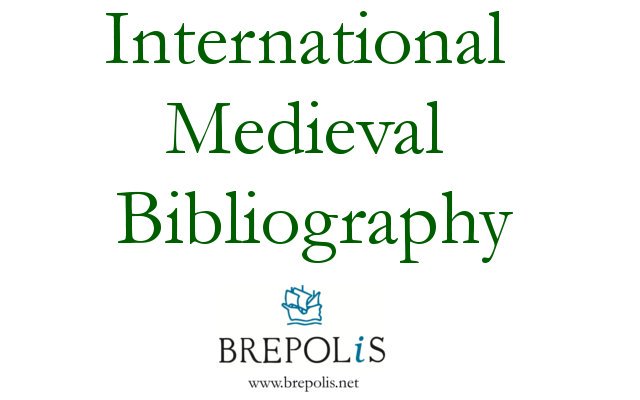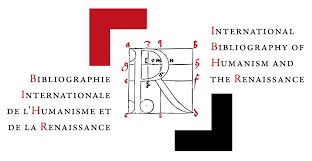Images of Peasantry in Polish Dialogues of the Bar Confederation and the Great Sejm Eras
DOI:
https://doi.org/10.31168/2073-5731.2024.3-4.18Keywords:
Dialogue, propaganda, satire, peasantry, szlachta, nationalism, The Bar Confederation, The Great Sejm, Polish-Lithuanian CommonwealthAbstract
The article is devoted to the analysis of the genre of dialogue in Polish literature of the last third of the 18th century. The author compares works created during the era of the Bar Confederation (1768–1772) and the Great Sejm (1788–1792), paying special attention to the analysis of the role and significance of peasant characters. The dialogues of the era of the Bar Confederation are more consistent with the traditions of this genre established in the 16th – 17th centuries. On their pages, peasants are rare and are significantly inferior in popularity to other characters: nobles, priests and foreigners. Their only plot function is satirical: the serious remarks they utter have an a priori comic overtone and devalue the original message. In the dialogues of the Great Sejm era, peasants become the most popular characters, directly voicing current political and social problems of Polish society. If previously the interlocutors of the peasants could only be heroes close in social status, then in the works of 1788–1792 they had equal conversations with their landowners. The author records the change in previously existing traditions of the dialogue genre and examines it in the context of the problems of the Great Sejm. The author formulates a hypotesis about the correspondence of this process to the emergence of Polish national identity.
Received: 06.04.2024.
Revised: 11.09.2024.
Accepted: 24.09.2024.
Citation
Fadeev I. V. Images of Peasantry in Polish Dialogues of the Bar Confederation and the Great Sejm Eras // Slavic Almanac. 2024. No 3–4. P. 334–351 (in Russian). DOI: 10.31168/2073-5731.2024.3-4.18






